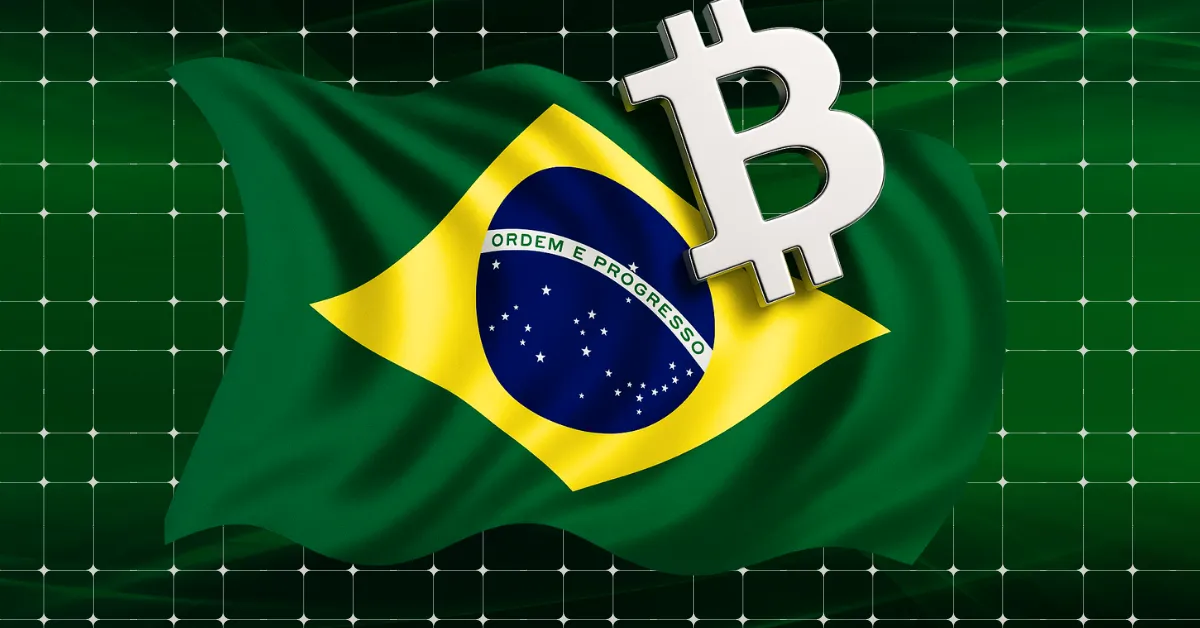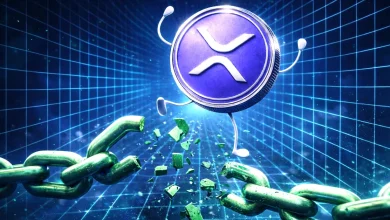
Brazil will enforce crypto rules for VASPs starting in 2026, with standards expected in late 2025.
The Central Bank aims to balance innovation and investor protection.
Brazil could become a regional leader in crypto regulation across Latin America.
Brazil is finally moving ahead with long-awaited crypto regulations, with the Central Bank setting 2026 as the year when rules for Virtual Asset Service Providers (VASPs) will officially come into force.
The decision follows years of delays and pressure from regulators, prosecutors, and law enforcement agencies calling for stronger oversight in one of Latin America’s fastest-growing crypto markets.
A Law Waiting for Action
The Central Bank of Brazil (BC) confirmed it will begin authorizing VASPs in 2026, a key step toward regulating the country’s booming digital asset sector. Although crypto regulation was approved back in 2022, implementation stalled due to ongoing technical and legal debates.
Officials now say the final standards will likely be published between October and November 2025, giving the industry time to prepare before the rules roll out.
Nagel Paulino, from the Central Bank’s regulation department, explained:
“The goal is to create a framework that gives companies freedom to innovate but avoids being too bold.”
In other words, Brazil wants to allow growth while also protecting investors and preventing abuses.
Walking the Global Tightrope
Brazil’s regulators are mindful of global competition. As Paulino noted:
“It is not difficult to move to a country that has no regulations.”
If Brazil enforces overly strict rules, businesses may shift operations abroad. The Central Bank aims to strike a balance, offering enough clarity to safeguard users without stifling innovation.
This balancing act mirrors what regulators worldwide are facing: building frameworks that protect investors without pushing crypto activity offshore.
Shaping Latin America’s Crypto Future
If the timeline holds, Brazil’s framework will be live in 2026, positioning the country as a regional leader in crypto regulation. Paulino believes Brazil could become a reference point for Latin America, especially as cross-border cooperation becomes more important.
He had earlier suggested 2025 as the target year, but the shift to 2026 shows how complex regulating Brazil’s VASP ecosystem is. With crypto adoption booming across the region, Brazil’s eventual model may not just influence its neighbors it could serve as a benchmark for other emerging markets worldwide.
Never Miss a Beat in the Crypto World!
Stay ahead with breaking news, expert analysis, and real-time updates on the latest trends in Bitcoin, altcoins, DeFi, NFTs, and more.
FAQs
The Central Bank of Brazil confirmed that rules for Virtual Asset Service Providers (VASPs) will take effect in 2026.
Brazil approved a crypto regulation law in 2022, but its implementation was delayed. The Central Bank is now finalizing rules to license and regulate VASPs.
Nagel Paulino from the Central Bank said, “The goal is to create a framework that gives companies freedom to innovate but avoids being too bold.”
Brazil is trying to align with global standards. Regulators worry that if rules are too strict, companies could move to countries with little or no regulation.
Yes, if the framework launches in 2026 as planned, Brazil could become a reference point for the region and set a model for other emerging markets.
Trust with CoinPedia:
CoinPedia has been delivering accurate and timely cryptocurrency and blockchain updates since 2017. All content is created by our expert panel of analysts and journalists, following strict Editorial Guidelines based on E-E-A-T (Experience, Expertise, Authoritativeness, Trustworthiness). Every article is fact-checked against reputable sources to ensure accuracy, transparency, and reliability. Our review policy guarantees unbiased evaluations when recommending exchanges, platforms, or tools. We strive to provide timely updates about everything crypto & blockchain, right from startups to industry majors.
Investment Disclaimer:
All opinions and insights shared represent the author's own views on current market conditions. Please do your own research before making investment decisions. Neither the writer nor the publication assumes responsibility for your financial choices.
Sponsored and Advertisements:
Sponsored content and affiliate links may appear on our site. Advertisements are marked clearly, and our editorial content remains entirely independent from our ad partners.








